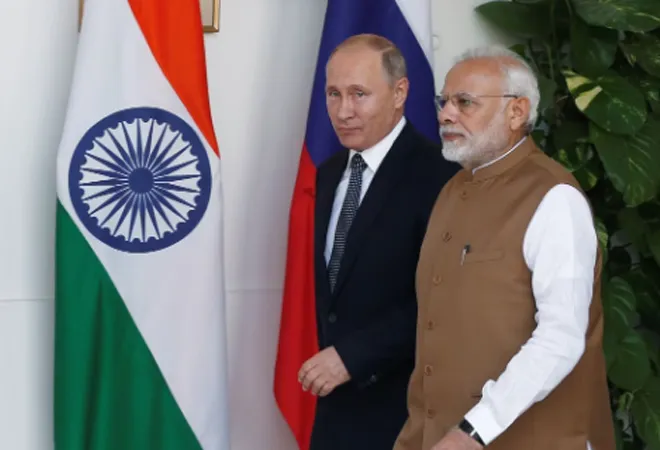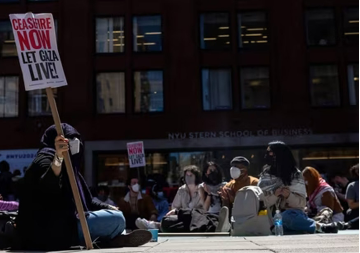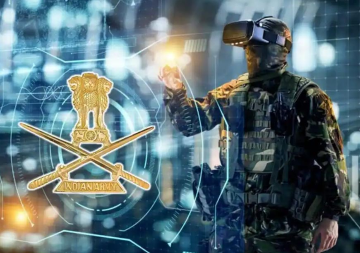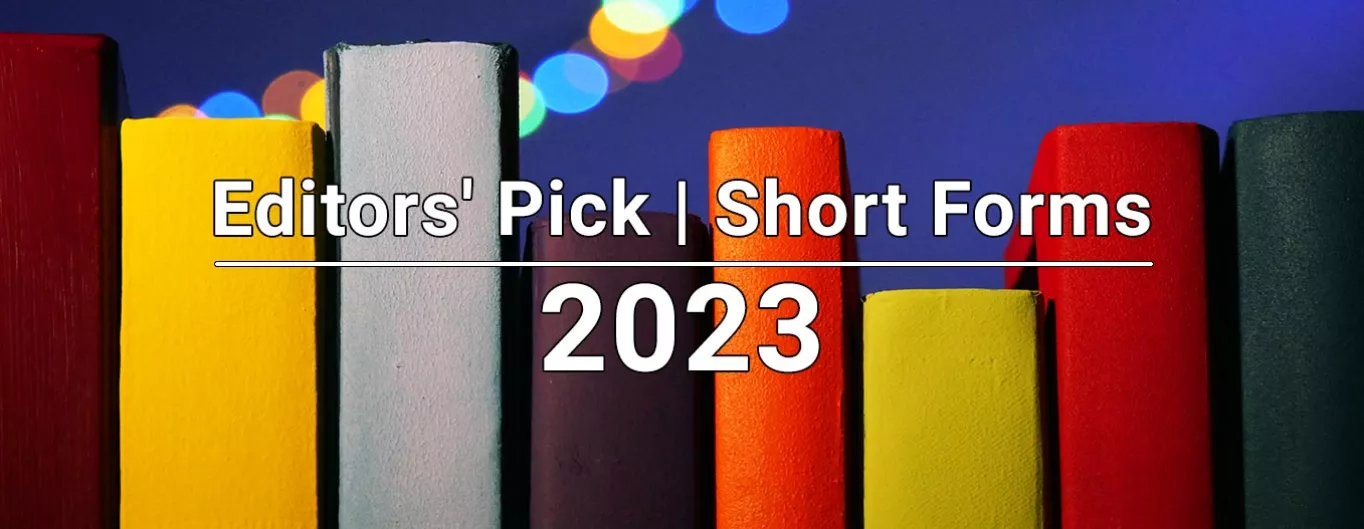NATO's expansion
In a move that will have a significant bearing on the evolving global order, Finland on Tuesday joined the North Atlantic Treaty Organization (NATO) as its 31st member. Finnish president Sauli Niinisto suggested it was “a great day for Finland” and NATO secretary general Jens Stoltenberg called it a proud day for him and the alliance.
The Russian invasion of Ukraine has given a new sense of purpose to an alliance that even five years ago was seen as a relic of the past. This was made possible by the changing priorities of nations committed to military non-alignment earlier, such as Finland or Sweden. Russian President Vladimir Putin may have put the onus of his aggression on the West and its drive for NATO expansion, but his actions have further enhanced the attraction for NATO in Europe. He was reminded of this by US secretary of state Antony Blinken recently when the latter said he was “tempted to say this is maybe the one thing we can thank Mr Putin for, because he once again here has precipitated something he claims to want to prevent by Russia's aggression.”
Russian President Vladimir Putin may have put the onus of his aggression on the West and its drive for NATO expansion, but his actions have further enhanced the attraction for NATO in Europe.
There has been a lot of focus on the tactical and operational challenges that Russian forces have faced on the battlefield since the invasion last February. The Ukrainians – with help from the wider West – have outperformed the supposed military behemoth at every level. Logistical problems compounded by command and control issues have marred the performance of the Russian forces. The Ukrainians, motivated by the desire to defend their homeland, have been relentless in giving the Russians a fight at every step. They have done well on the battlefield, and managed to shape the global narrative in their favour.
In contrast, Russia, convinced that it would decimate Ukraine in a matter of weeks if not days, finds itself outmanoeuvred. Facing an unprecedented rout, Russia has relied on nuclear rhetoric to keep the pressure alive. Most recently, this has taken the form of stationing tactical nuclear weapons in Belarus, with Russia's short-range Iskander-M ballistic missile system, capable of carrying nuclear weapons, being handed over to Belarus.
But the real issues for Russia are at the strategic level. In one fell swoop, Russian aggression has managed to unite the West and forced it to relook at their post-World War II security posture. Even for a nation such as Germany, this has been a turning point in its strategic outlook. NATO has been revived and traditionally non-aligned nations have been forced to reassess their long-standing policy positions. In Finland, public support for joining NATO jumped to 80%, making the choice easy for the nation’s policy makers.
NATO has been revived and traditionally non-aligned nations have been forced to reassess their long-standing policy positions.
For Russia, this has meant an ever closer embrace of China, but not as an equal. Putin’s junior partner status to Xi Jinping was clear during the latter’s visit to Russia. Identifying one another as priority partners on the international stage, the two nations vowed to “firmly” support each other when it came to territorial integrity. Targeting emerging coalitions such as Quad, they also expressed their opposition to the cobbling together of a “closed and exclusive bloc structure in the Asia-Pacific region”. In its place, they expressed their commitment to building an “equal, open and inclusive security system” in the region that did not “target third countries”. Behind all the rhetoric of a partnership of equals, it remained clear who needed whom more.
In its recently released foreign policy strategy, Russia identified China and India as its main allies on the global stage while giving “priority to the elimination of vestiges of the dominance of the United States and other unfriendly countries in world politics.” Moscow wants to enhance cooperation with India to ensure its ability to withstand the “destructive actions of unfriendly states and their alliances.”
Yet, for all the talk of Russia’s desire to step up ties with India, the challenges are mounting on multiple fronts. The Moscow-Beijing entente is causing consternation in New Delhi and defence ties – the mainstay of the India-Russia bilateral relationship – are under strain with the Indian Air Force publicly stating that Moscow is unable to fulfil its commitment to provide India’s military with essential defence supplies due to the Ukraine war. This is not a sustainable position to be in for a nation that is facing a formidable military adversary in China across the border. India will do its best to keep ties with Russia on an even keel but underlying realities are changing rapidly as New Delhi looks to alternative sources of military supplies even as it doubles down on strengthening its defence manufacturing base.
Moscow wants to enhance cooperation with India to ensure its ability to withstand the “destructive actions of unfriendly states and their alliances.”
There are fundamental structural changes shaping the security landscape in Europe and they are also casting their shadow on Indian foreign policy and national security. The expansion of NATO and the bolstering of its structure is causing ripples in national capitals across the world. India’s relations with Russia are also feeling the heat. New Delhi will be hoping for the best but it should be preparing for the worst.
This commentary originally appeared in Hindustan Times.
The views expressed above belong to the author(s). ORF research and analyses now available on Telegram! Click here to access our curated content — blogs, longforms and interviews.




 PREV
PREV



